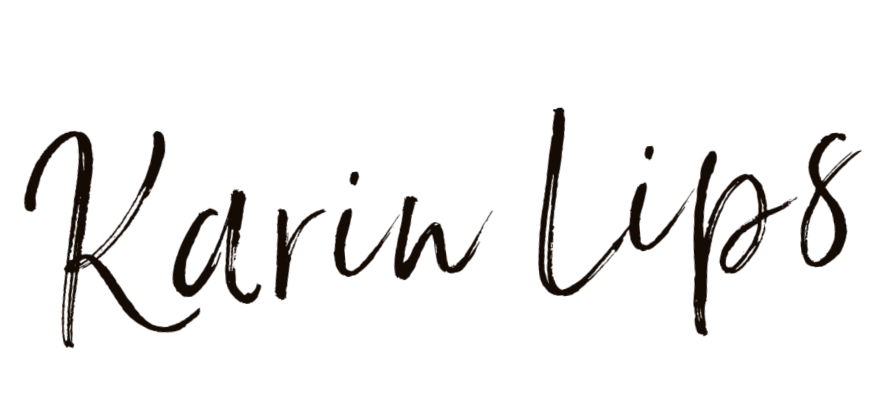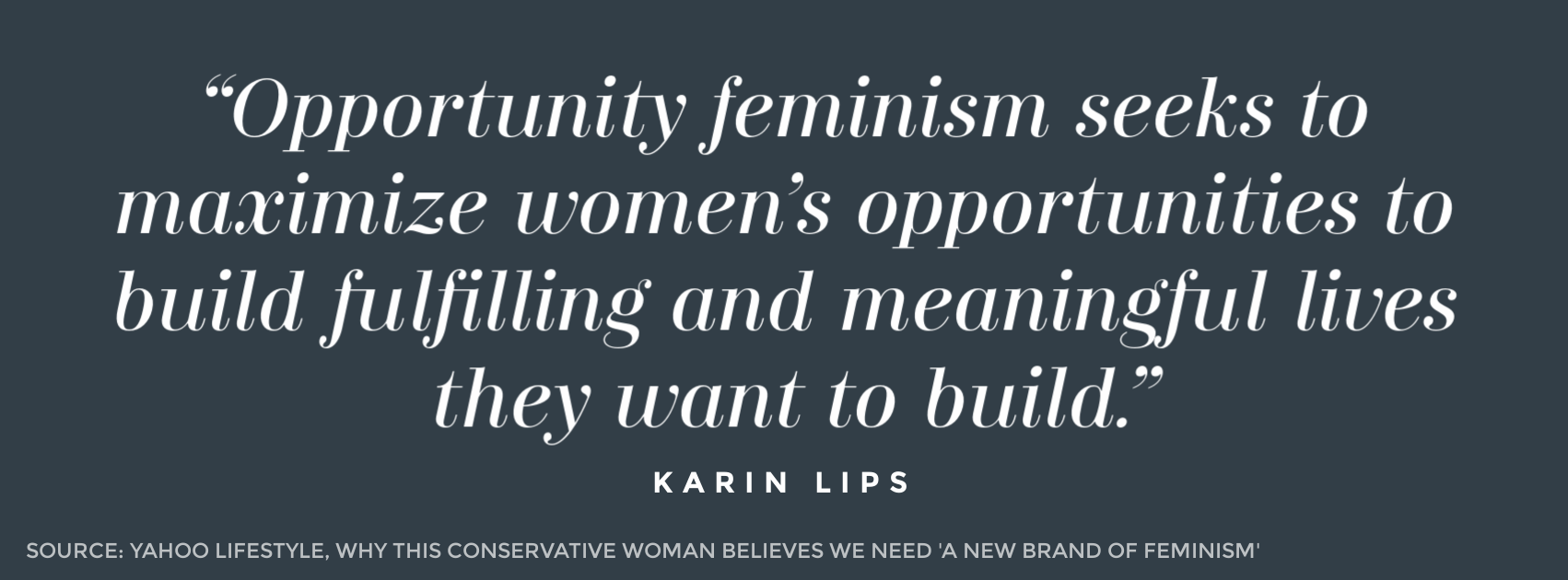If the Leading Ladies of Hollywood Want to Be Asked More, They Need to Get Their Facts Straight
This article originally appeared in the Washington Examiner.
Two Hollywood stars made headlines at the Oscars in the name of women’s empowerment.
Best Actress nominee Reese Witherspoon stepped up to the microphone to highlight the #AskHerMore hashtag campaign, which encouraged interviewers to ask actresses about something more than their fashion choices. And she gave a poised red carpet interview herself about her production company. But Patricia Arquette, who won the Best Supporting Actress trophy for her role in Boyhood, inadvertently made the case for why many leading ladies of Hollywood might want to stick to dresses and jewelry.
Here was Arquette’s convoluted statement about the state of women’s rights in America:
“To every woman who gave birth to every taxpayer and citizen of this nation, we have fought for everybody else’s equal rights. It’s our time to have wage equality once and for all and equal rights for women in the United States of America.”
Quickly, the enthusiastic applause from the duo of Meryl Streep and Jennifer Lopez became a meme of excitement. They reacted as if someone offered them a donut after fasting all day to fit into their designer gowns.
Seeing people cheer for equal rights for women is no surprise — across the political spectrum, we all want equality for women.
That’s why women have been legally equal in the United States for decades. Arquette seems to be primarily concerned about wage equality for women in America, the idea that women are routinely paid less than men for performing equal work, resulting in a pay gap. But the Equal Pay Act was signed into law in 1963, which prohibits sex-based discrimination in pay. We also have had Title VII of the Civil Rights Act since 1964, which prohibits discrimination in the workplace based on sex. Since then, there has been legislation proposed (and some passed) on enforcement mechanisms, penalties, and more, but the basic question of whether it is legal to pay a woman less just because she is a woman is resolved.
Arquette must be buying into the debunked (from writers on the right and left) claim that the statistic that women make 77 cents for each dollar men make is evidence of rampant discrimination. Yet even the White House explained that’s not what the wage gap actually means. The simple explanation is that the statistic doesn’t take into account a number of choices — education, years of experience, and hours worked, among others — that profoundly impact earnings.
Arquette, who is reportedly worth more than $20 million and is starring in a new show CSI: Cyber out next week, may be directing her comments at Hollywood. Leaked Sony emails, for example, show that the two female stars of American Hustle received two percentage points less of the profits than their male counterparts. If this is her issue, she would have been more effective by going after that specific problem.
Overall, Arquette could have better encouraged women’s advancement if she had accepted her Best Supporting Actress Oscar with an inspiring message trumpeting the value of hard work, perseverance, or humility.
On Instagram, Witherspoon wrote that she would like to be asked questions such as these:
“What’s the biggest risk you’ve taken that you feel has paid off?
“What accomplishment are you most proud of?
“What potential do filmmakers and characters have to make change in the world?”
Arquette might have delivered a powerful speech if she would have answered one of these. If Hollywood women like Arquette want to be asked about more than just fashion, they should start by at least talking about issues accurately.



